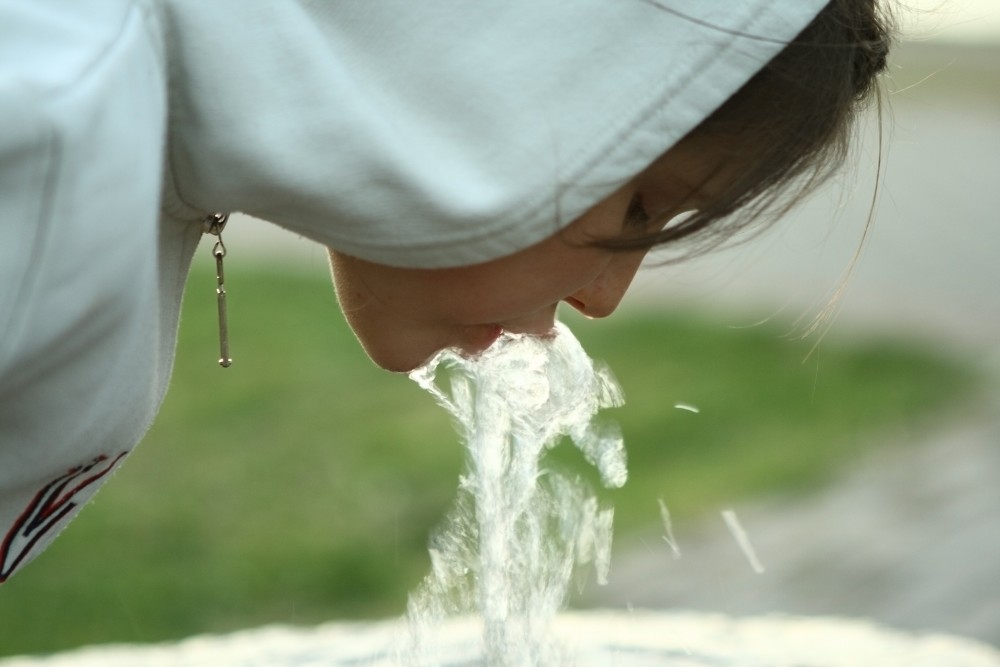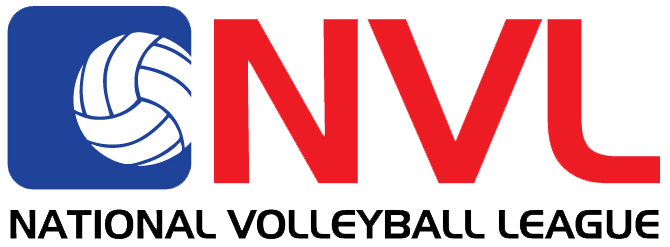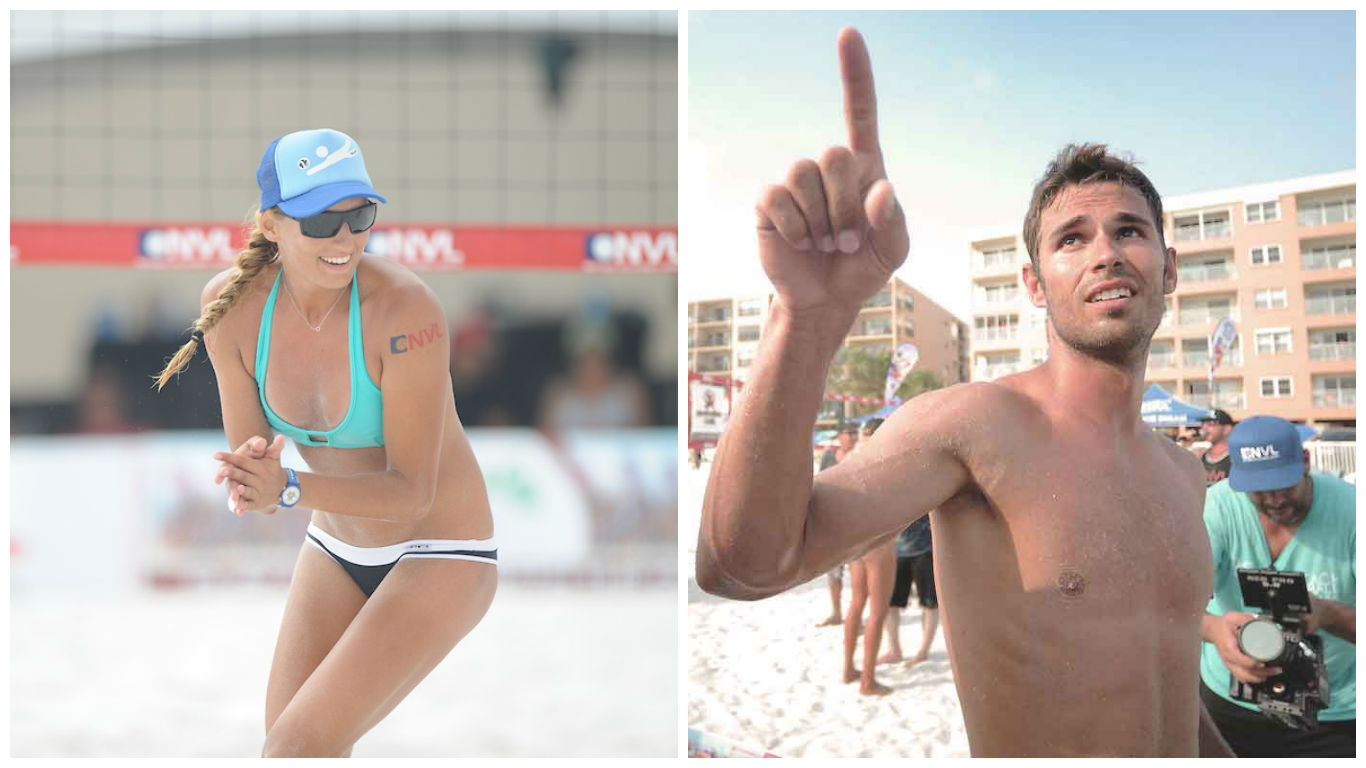
Athletes can perform at peak capacity and stay healthy by drinking regularly. Staying properly hydrated is not complicated and is essential for optimal performance. While eating the right types of food is extremely important, your body also needs water in order to stay cool and healthy. It is vital that your body recovers what is lost through the act of sweating because your muscles and heart need water in order to function properly. Without it, you will not get adequate circulation to your muscles and you can also face dehydration, a dangerous medical condition. The signs and symptoms of dehydration include:
• Dark colored urine
• Thirst
• Dry mouth
• Headaches
• Dizziness or light-headedness
• Confusion
• Fatigue
• Nausea
Staying properly hydrated does not have to be difficult. In order to help you stay at the top of your game, check out these simple athletic hydration tips.
1. It is recommended by the American Council on Exercise for athletes to drink “7-10 ounces of fluid every 10 to 20 minutes while they are exercising.” However, it is important to note that this will vary; it will vary by the individual and from what kind of exercise you are doing, so listen to your body.
2. Do not wait until you are thirsty in order to drink. Many think that waiting until they are thirsty and then guzzling a huge amount of water is a good way to stay hydrated, but it’s not the best or healthiest way to stay hydrated.
3. It is important to start hydration a few hours before you workout, practice, or play a game. Do NOT wait until you are thirsty and do not start right before you exercise.
4. If you become thirsty that is a sign that your body does not have enough water, and all athletes should try to avoid being in this state. Be sure to take regular drink breaks during exercise, thirsty or not.
5. A good way to see if you are drinking enough is to check the color of your urine. While this may sound gross, it is an accurate way to see if you are drinking enough water. If the urine is a dark color that means you are not drinking enough.
6. Drinking too much water can also create health complications, so be sure to find the healthy balance. When you sweat you lose sodium, so if you are just drinking water you can cause sodium imbalances within the body which can head to hyponatremia.
7. For intense exercise, you will need to replenish the electrolytes and sodium in your body in order to prevent imbalances from happening. Make sure you are hydrating with a sports drink that will properly replenish your body during those prolonged sessions.
8. Make sure you get enough sodium in your daily diet but do this by healthy means. This means to ingest dairy, pickles, olives and carrots in order to get enough sodium in your diet. You can stay hydrated and help your body process water by ingesting healthy amounts daily.
9. Avoid consuming caffeinated energy drinks before and during exercise. While ingesting caffeine won’t dehydrate you according to a scientific study conducted in Birmingham, too much caffeine can make you jittery and can lead to heart palpitations.







